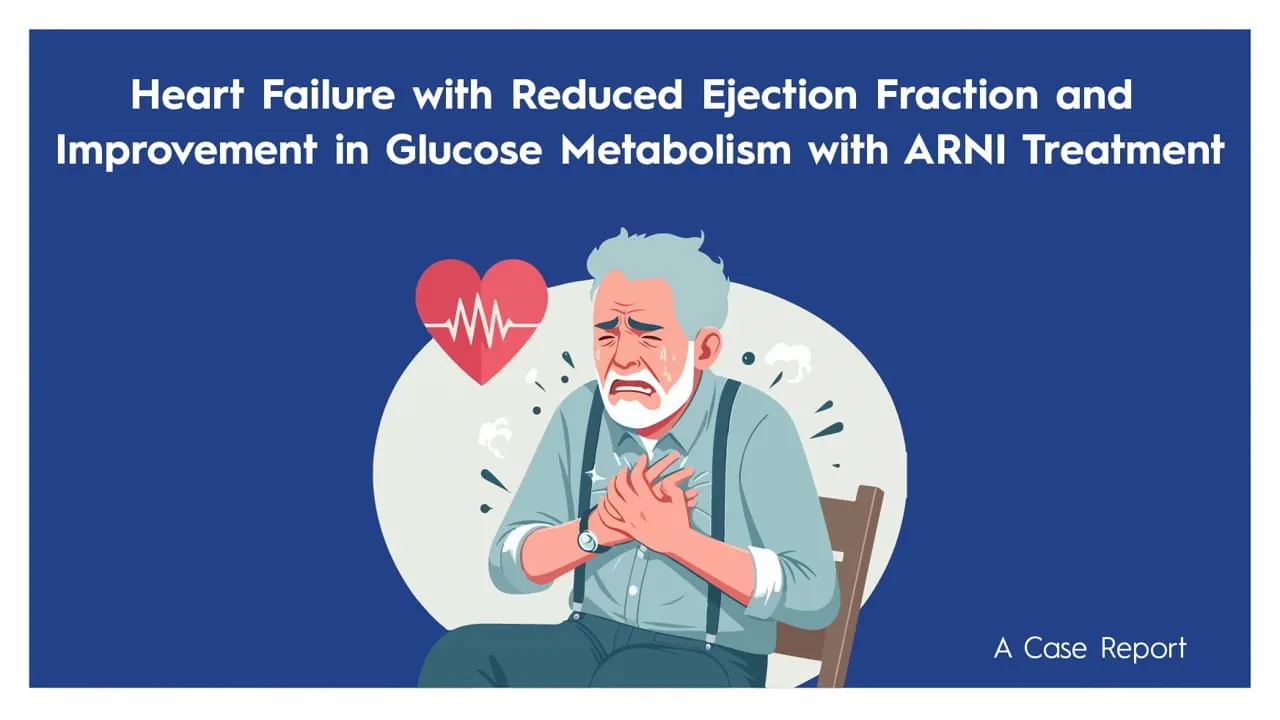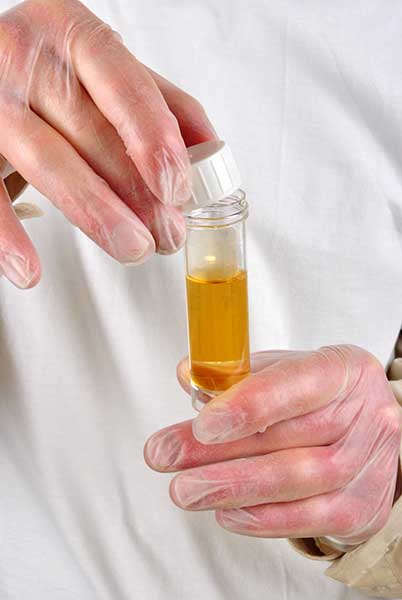Hey there! Welcome!
Get updated on
Select Speciality
Top Picks
6 Jun, 25 ESPID 2025
ESPID 2025
Neonatal invasive candidiasis is estimated to be 5-10 per 100,000 live births in lower- and middle-income countries. Among neonates weighing < 1kg, incidence was 7-9% with 20% mortality. Candida albicans was most prevalent, followed by C. parapsilosis and C. auris (notably in India). Fluconazole resistance was low in C. albicans but higher in C. parapsiloris. Echinocandins was underused due to poor availability.
6 Jun, 25 ESPID 2025
ESPID 2025
Malaria vaccines RTS,S and R21 are WHO-recommended for endemic regions, reducing malaria burden and mortality. Pilot programs proved safety and impact, with 20+ countries scaling up. Clesrovimab, a monoclonal antibody for RSV, showed strong, consistent protection—especially against severe disease—in infants across age and weight groups, with a safety profile similar to placebo.
6 Jun, 25 Front Cardiovasc Med...
Front Cardiovasc Med...
Patients ≤65 years with severe aortic stenosis treated by transcatheter aortic valve replacement (TAVR) experienced higher 3-year all-cause mortality (35%) versus matched controls (8%, HR 6.5). Patients with active chronic diseases such as chronic heart failure, COPD, or dialysis had increased mortality risk (HR 1.8-2.4), while those with prior inactive conditions also showed elevated risk (HR 6.8–24.7).
6 Jun, 25 Endocr Pract.
Endocr Pract.
- Higher Wagner grades (HR:3.17) predicted risk for diabetic foot osteomyelitis (DFO) in DF patents.
- 62 patients with DFO had positive bone or deep tissue cultures, Gram +ve bacterial isolates most prevalent (S. aureus, E faecalis), Proteus vulgaris was the frequent Gram -ve isolate
- Polymicrobial infections were common (27.41%), 5-yr survival rates lower in DFO patients & did not improve with major amputation
6 Jun, 25 BMC Infect. Dis.
BMC Infect. Dis.
- n=97 infants and n=155 toddlers
- Most common symptoms were cough and fever. Significant differences observed in polypnea (P = 0.000) and prevalence of miliary pulmonary TB (PTB) and TB meningitis (P < 0.05) between the groups
- Mortality rate was higher in infants (13.4% vs. 5.2%, P = 0.021) during hospitalization. PTB, hydrocephalus, and hypoproteinemia increased in-hospital mortality
6 Jun, 25 BMC Gastroenterol.
BMC Gastroenterol.
- A rise in the incidence rate of IBD among older adults has been reported globally in the past three decades (average annual percent change, AAPC 0.34)
- However, IBD prevalence, mortality and disability-adjusted life years rates were declining (AAPC − 0.04, − 0.60 & − 0.49, resp.)
- Regions with high sociodemographic index (SDI) had higher incidence & prevalence; those with middle SDI had the fastest incidence rise.
3 Jun, 25
Featured

3 Jun, 25

2 Jun, 25

29 May, 25

















